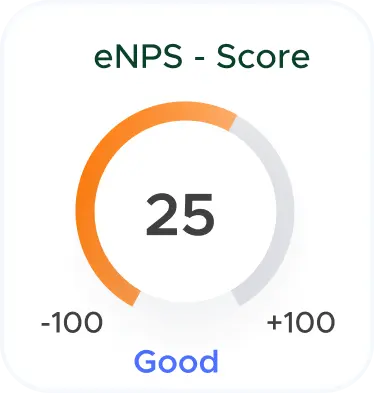✨ Jangan ketinggalan! Daftar untuk Webinar Penghargaan Pekerja kami yang dijadualkan pada 29 Februari. 🎖️
✨ Jangan ketinggalan! Daftar untuk Webinar Penghargaan Pekerja kami yang dijadualkan pada 29 Februari. 🎖️
Daftar sekarang
Terma Glosari Pengurusan Sumber Manusia dan Manfaat Pekerja
Generation X refers to the demographic cohort born between the early 1960s and the early 1980s, following the Baby Boomer generation and preceding the Millennial generation. The exact years that define Generation X can vary slightly depending on different sources and definitions.
Generation X grew up during a time of significant societal and technological changes. They experienced the advent of personal computers, witnessed the rise of the internet, and were influenced by cultural shifts such as the Cold War's end and globalization's emergence.
Members of Generation X often exhibit distinct characteristics shaped by their unique upbringing. They are known for their independence and self-reliance, as many grew up in dual-income or single-parent households. This generation faced economic challenges and witnessed job market fluctuations, which fostered their pragmatic and adaptable nature.
Generation X is often associated with a sense of skepticism and a questioning of authority and institutions. They came of age during social and political upheaval, including events like the Watergate scandal, the AIDS crisis, and economic recessions. These experiences influenced their worldview and fostered a critical mindset.
Generation X refers to the demographic cohort that follows the Baby Boomers and precedes the Millennials. It is a generational term for individuals born between the early 1960s and the early 1980s. The exact boundaries for Generation X can vary slightly depending on different sources and definitions.
Generation X is typically defined as the generation born between 1965 and 1980. However, the range has some flexibility, and different sources may use slightly different years to define the generation.
As of the current year, 2023, individuals belonging to Generation X would generally be between the ages of 43 and 58. Again, this age range may vary depending on the years used to define the generation.
Generation X is often called the "forgotten" or "ignored" generation because it has been overshadowed by the larger and more discussed Baby Boomer and Millennial generations. This may be due to several factors, including the sheer size of the Baby Boomer cohort and the significant media attention given to the Millennial generation in recent years.
As a result, Generation X has sometimes been overlooked in discussions and media coverage, leading to a perception of being ignored.
The term "Generation X" was popularized by a book titled "Generation X: Tales for an Accelerated Culture," by Douglas Coupland and published in 1991. Coupland used the term to represent the generation that came of age in the late 1980s and early 1990s.
The term "X" was chosen to symbolize the generation's perceived anonymity, as they were seen as a bridge between the dominant Baby Boomer generation and the emerging Millennial generation.
Generation X is often characterized by certain common traits and experiences. Some key characteristics include:
The desires and aspirations of individuals within Generation X can vary, but some common themes often emerge. Generation X typically seeks:
It's important to note that these characteristics and desires are generalizations, and individuals within Generation X can have diverse perspectives and goals.

Ini ialah tinjauan ringkas yang boleh dihantar dengan kerap untuk menyemak pendapat pekerja anda tentang sesuatu isu dengan cepat. Tinjauan ini terdiri daripada kurang soalan (tidak lebih daripada 10) untuk mendapatkan maklumat dengan cepat. Ini boleh ditadbir secara berkala (bulanan / mingguan / suku tahunan).

Mengadakan mesyuarat berkala selama sejam untuk sembang tidak formal dengan setiap ahli pasukan adalah cara terbaik untuk memahami apa yang berlaku dengan mereka. Oleh kerana ia adalah perbualan yang selamat dan peribadi, ia membantu anda mendapatkan butiran yang lebih baik mengenai sesuatu isu.

eNPS (pekerja skor Net Promoter) adalah salah satu cara yang paling mudah tetapi berkesan untuk menilai pendapat pekerja anda terhadap syarikat anda. Ia termasuk satu soalan menarik yang mengukur kesetiaan. Contoh soalan eNPS termasuk: Bagaimana kemungkinan anda mengesyorkan syarikat kami kepada orang lain? Pekerja bertindak balas terhadap kaji selidik eNPS pada skala 1-10, di mana 10 menandakan mereka 'berkemungkinan besar' untuk mengesyorkan syarikat dan 1 menandakan mereka 'sangat tidak mungkin' untuk mengesyorkannya.
